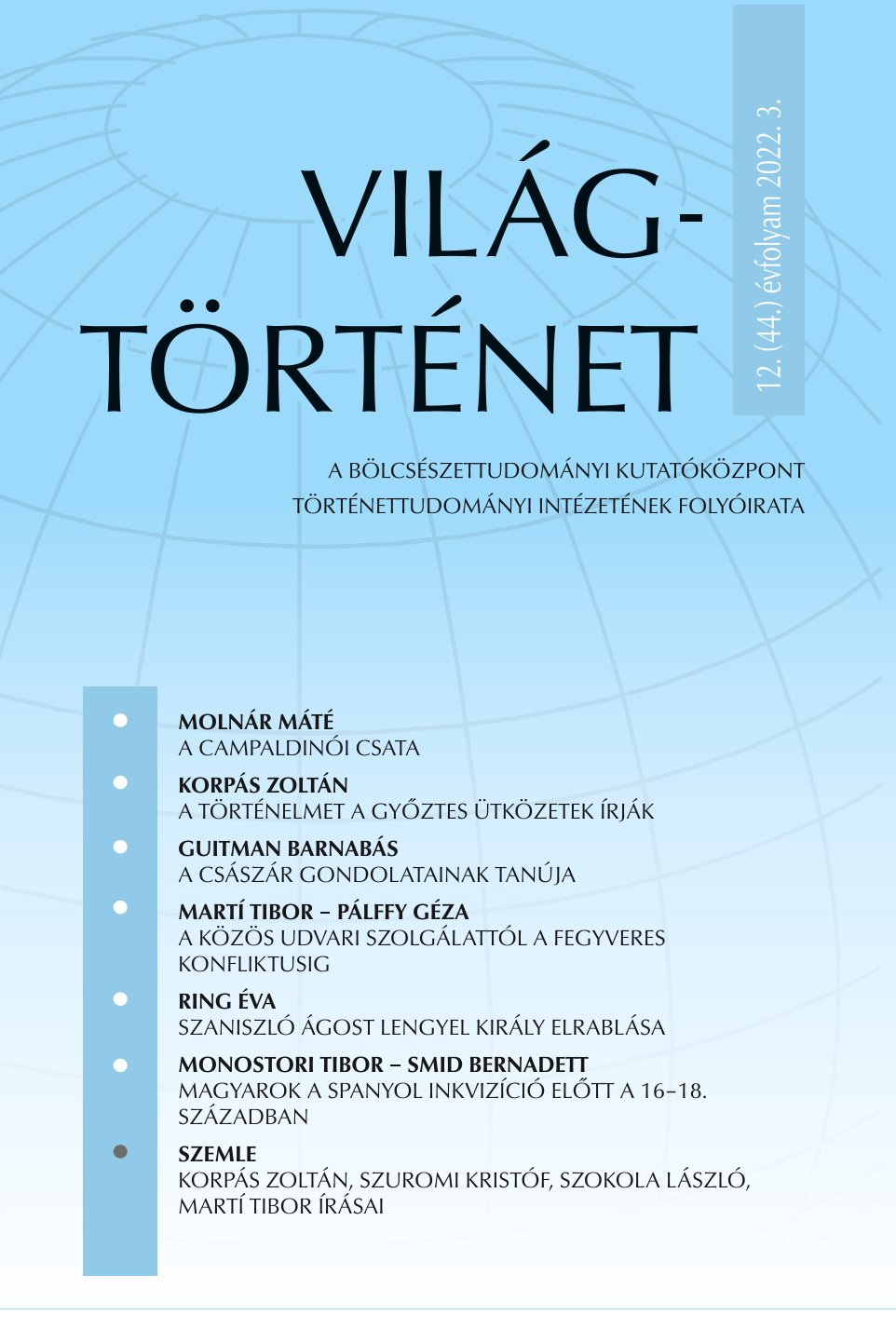Szaniszló Ágost lengyel király elrablása. Az uralkodói legitimitás kérdése a 18. század végi lengyel politikában
The Kidnapping of King Stanislaus II Augustus of Poland: The Problem of the Ruler’s Legitimacy in Late-Eighteenth-Century Polish Politics
Author(s): Eva RingSubject(s): 18th Century
Published by: Magyar Tudományos Akadémia Bölcsészettudományi Kutatóközpont Történettudományi Intézet
Summary/Abstract: Few personalities in Polish history have attracted such general and enduring dislike as Stanisław Poniatowski. This dislike has mostly focussed on the king’s personality, the means of his gripping power, and on his real or imagined political faults. The present paper concentrates on two events: the election of Stanislaus Augustus and the Bar Confederation, which ushered in the kidnapping of the king. It is in the context of these events that the early conceptions of legitimacy and idoneity are explored. Over the eighteenth century, not only the Polish society but also the foreign public had come to accept the fact that the kings of Poland got their throne through Russian support, as in was reflecting the existing state of geopolitical relations. The kidnapping of the king, and the reception of its news in Europe, are a perfect illustration of the basic problem of the Bar Confederation, namely that the outside world held a different conception of state and kingship, and the person of the ruler, than did the Polish nobility. The absolute rulers of Europe made small account of what legitimacy meant in Poland; for them, the legitimacy of royal power sprang partly from the right of birth, partly from the consecration and the coronation ceremony.
Journal: Világtörténet
- Issue Year: 2022
- Issue No: 3
- Page Range: 485-500
- Page Count: 16
- Language: Hungarian

